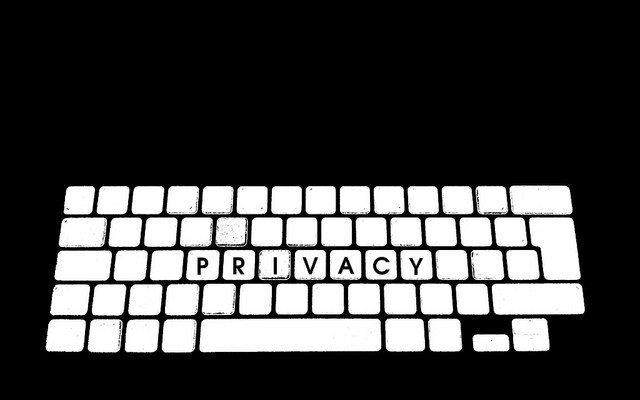
News
Privacy or the Internet: Choose One
The double standard of a generation. The ultimate oxymoron.
Each year major companies including Facebook, Instagram, Snapchat, and Google, constantly revise their terms and conditions—making it even harder for users to monitor and control who is able to view their content.
It may come as a surprise to many, but these companies OWN everything you post. That’s right, what is yours, is theirs. Just recently, Google announced a change in privacy, allowing them to access Google+ profile pictures and comments as a mean of advertising. Likewise, Facebook announced this Wednesday that content posted by teenagers, individuals ages 13-17, are now not only accessible to people who know their friends, but anyone who types in the right keywords.
This forbidding future allots cyber bullying, moreover the increased accessibility to child pornography, elicit content, and internet stalking.
The Internet is evolving. Privacy used to have some standards. Now it’s a savage free for all, even children are subject to.
All of this brings up a pressing question: If random people on the Internet have access to private user generate content, can the government?
Yes. No question. In fact, this has been happening prior to the current revisions in dot-com privacy policies.
In Policy Mic’s article, PRISM: The 8 Tech Companies Who Gave Your Data to the Government Have This to Say About the Scandal, Google states, “Google cares deeply about the security of our users’ data. We disclose user data to governments in accordance with the law, and we review all such requests carefully. From time to time, people allege that we have created a government ‘backdoor’ into our systems, but Google does not have a backdoor for the government to access user data.”
To break this quote down, Google basically said, “We do not hand your content to the government on a golden platter. They have to ask nicely, and then, only then, will give it to them what they want in a paper lunch bag—not gold”.
Different phrasing, same idea. This brings up the much-needed talk about legislation to protect the user. Congress needs to look into these corporations’ exploitation of user content.
This is unlike anything we have seen before, and there are relatively no laws protecting the users. Should there be? Absolutely. But that may result in a much different Internet, an Internet where you pay to use websites. One way or another you are paying, it just depends if you want to pay with your identity.
—
Featured image courtesy of [g4II4is via Flickr]








Comments